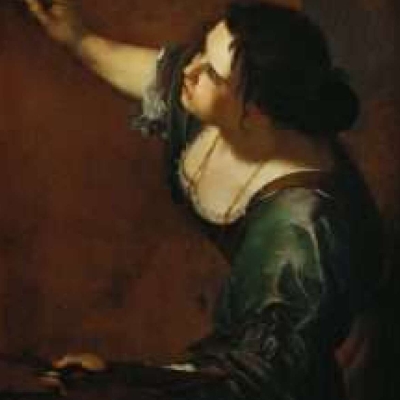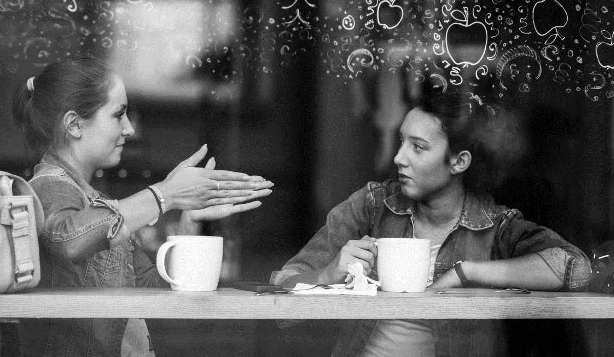In the world of art, self-portraiture has always been a powerful tool for artists to explore their own identity. In recent years, female artists have taken this concept to a new level, using self-portraiture as a means of reclaiming their own narratives and challenging societal norms. Through their work, these artists are able to express their unique perspectives and experiences, providing a platform for exploring themes of gender, race, sexuality, and more.
Challenging Stereotypes
Female self-portraiture allows artists to challenge the traditional stereotypes and expectations placed on women by society. By creating their own images and narratives, these artists are able to push back against the limited and often harmful representations of women in art and media. Through their work, they are able to assert their agency and take control of their own identities, offering a more nuanced and complex understanding of what it means to be a woman in today’s world.
Reclaiming Narratives
In a world where women are often objectified or marginalized, self-portraiture offers a powerful tool for reclaiming one’s own narrative. By presenting themselves as subjects rather than objects, female artists are able to assert their own agency and shape the way they are seen by others. Through these self-representations, they are able to explore the complexities of their own identities and challenge the viewer to see them in a new light.
Exploring Intersectionality
Female self-portraiture also allows artists to explore the intersections of their identity, including race, sexuality, and class. By presenting themselves in a variety of contexts and situations, these artists are able to highlight the ways in which multiple aspects of their identity interact and shape their experiences. Through their work, they are able to challenge the idea of a monolithic female experience and instead offer a more inclusive and diverse representation of womanhood.
Empowering Others
By sharing their self-portraits with the world, female artists are able to empower others to embrace their own identities and speak their own truths. Through their imagery and storytelling, they are able to create a sense of connection and solidarity with other women, fostering a sense of community and support. By seeing themselves reflected in the work of these artists, viewers are able to find strength and inspiration in their own journeys of self-discovery and self-expression.
In conclusion, female self-portraiture is a powerful tool for exploring identity and challenging societal norms. Through their work, female artists are able to reclaim their own narratives, challenge stereotypes, and empower others to do the same. By embracing their own unique perspectives and experiences, these artists are able to create a more inclusive and diverse representation of womanhood, opening up new possibilities for self-expression and empowerment.



